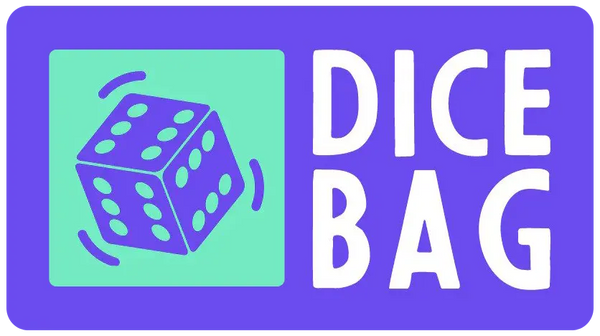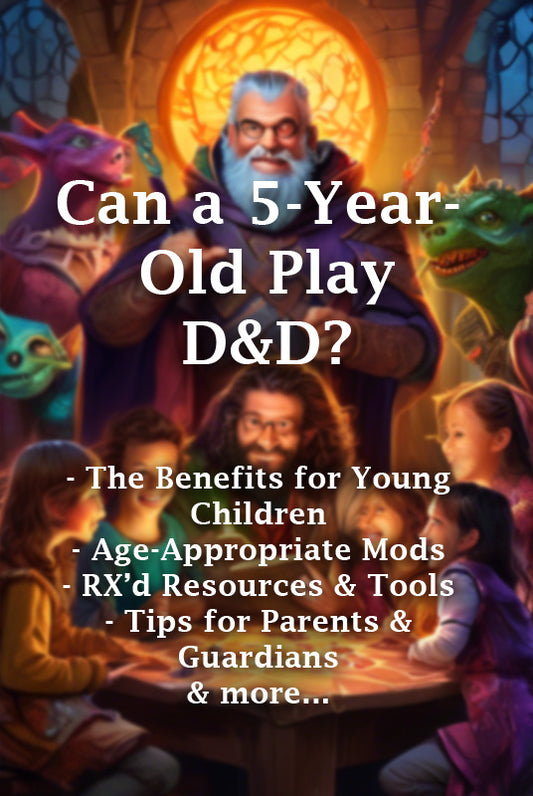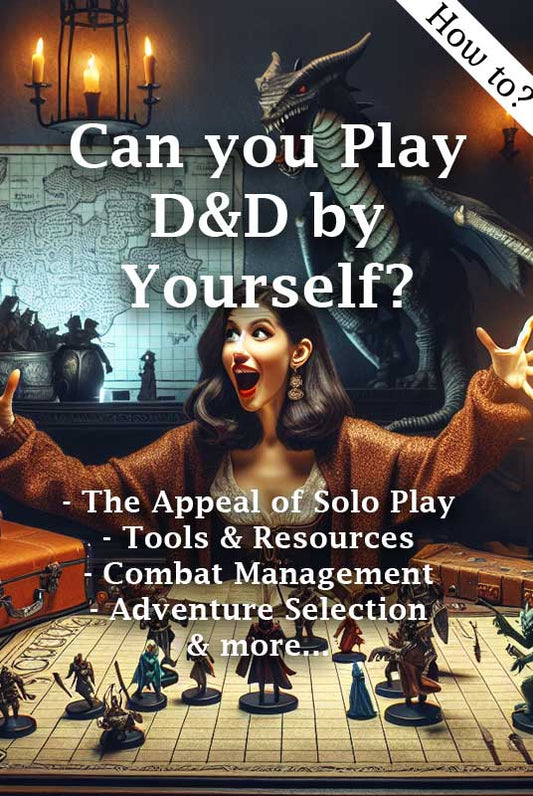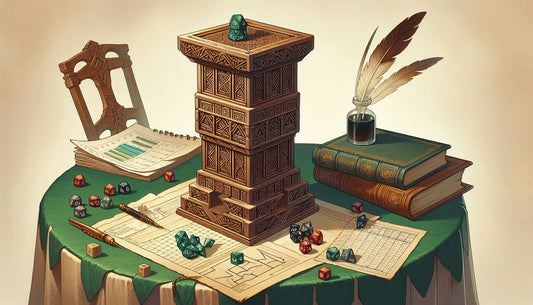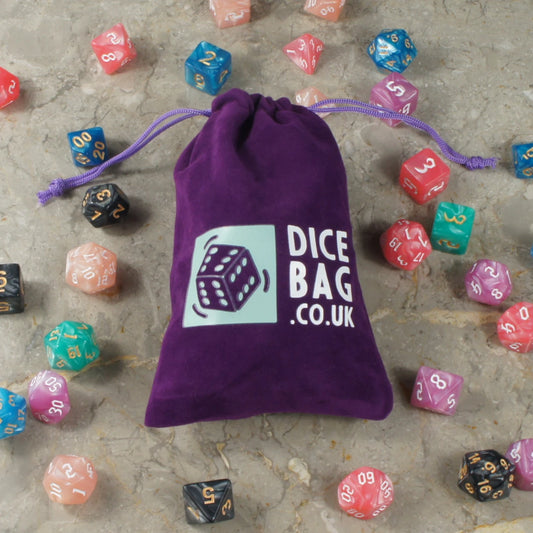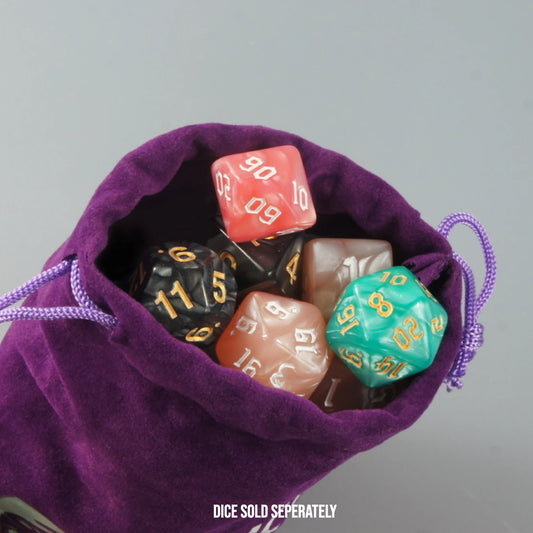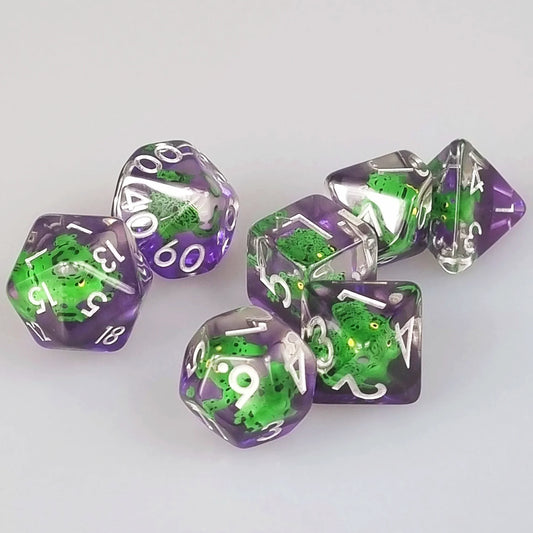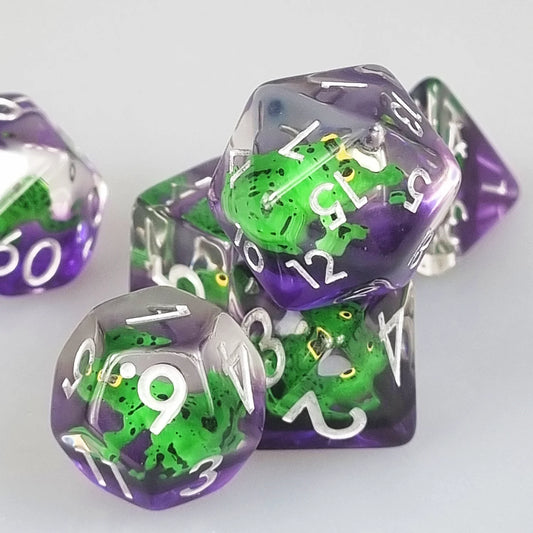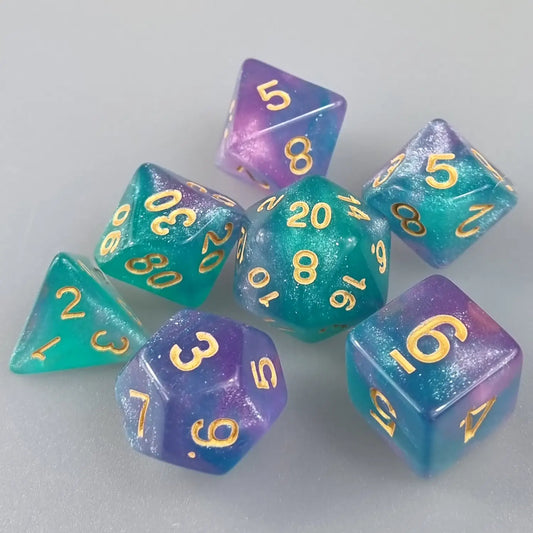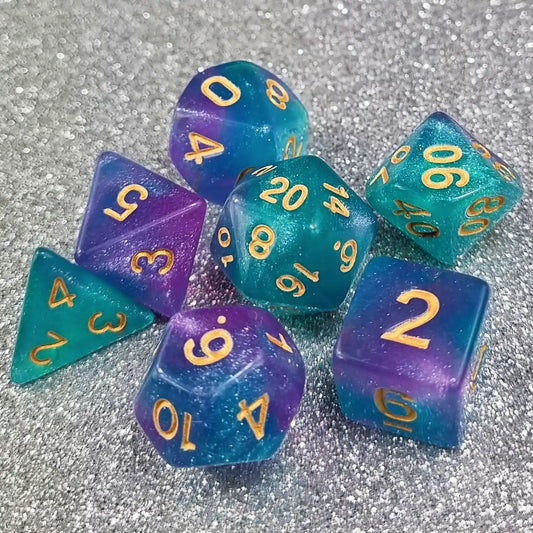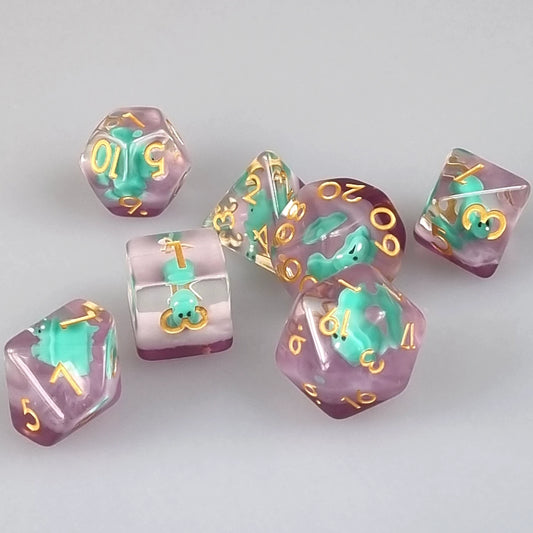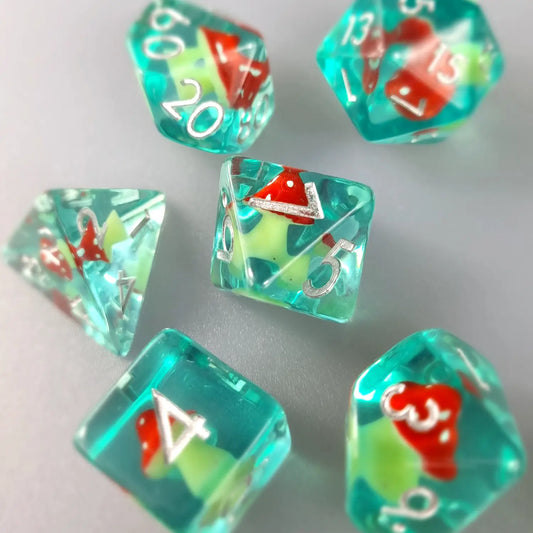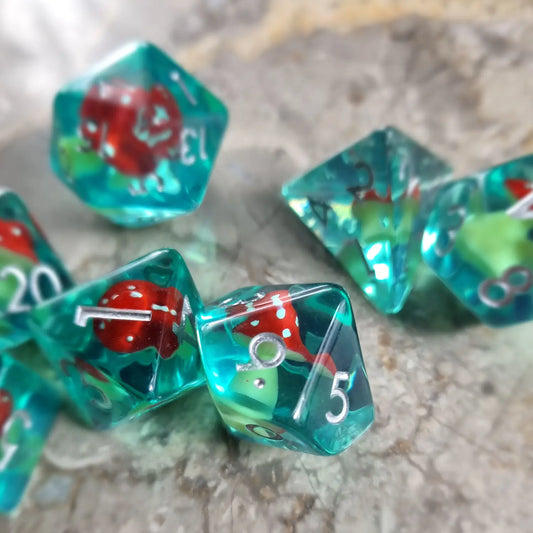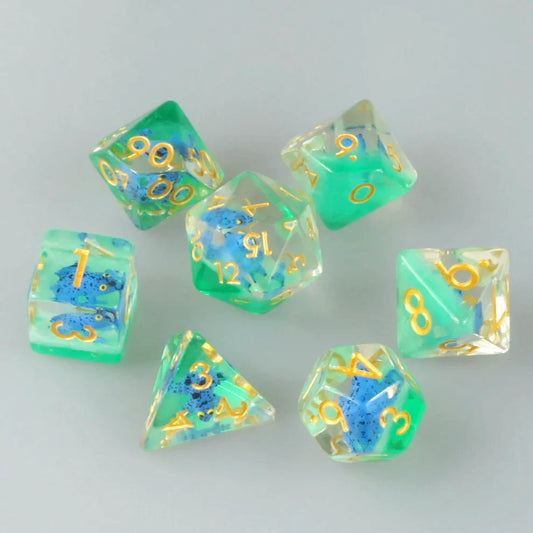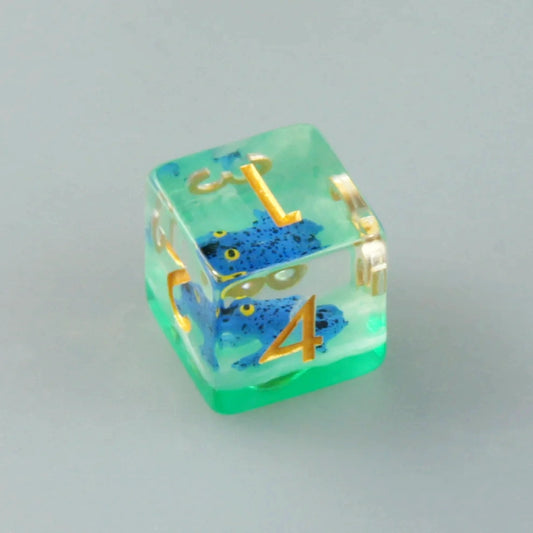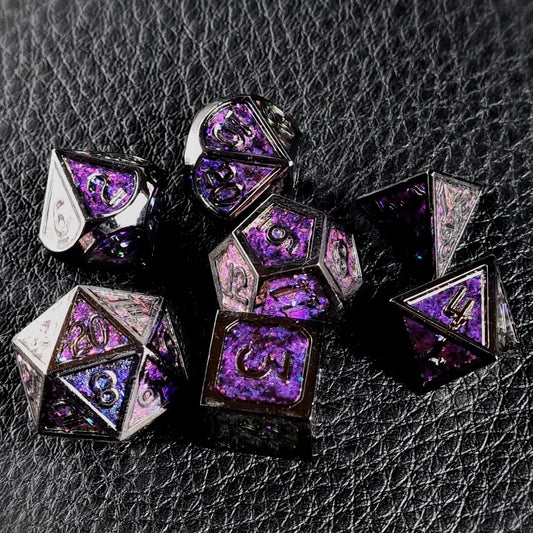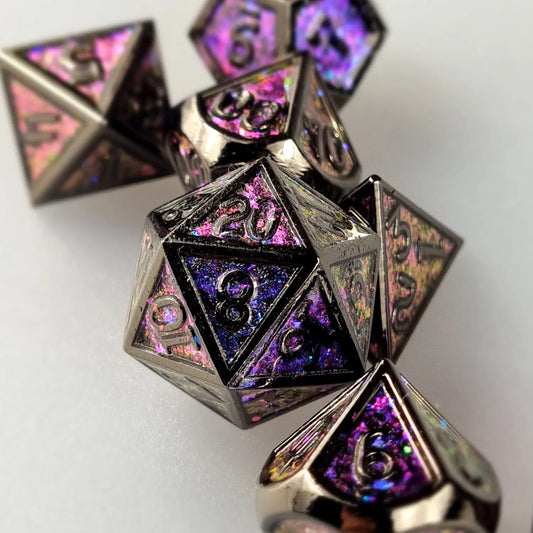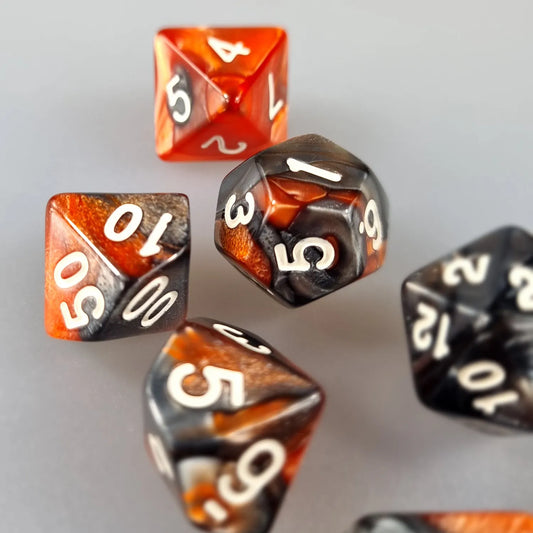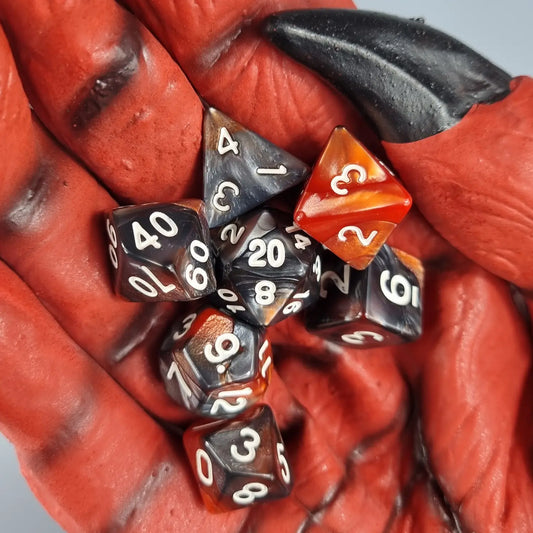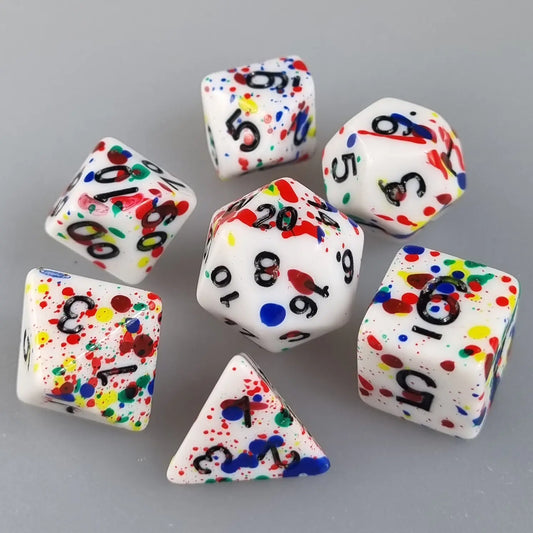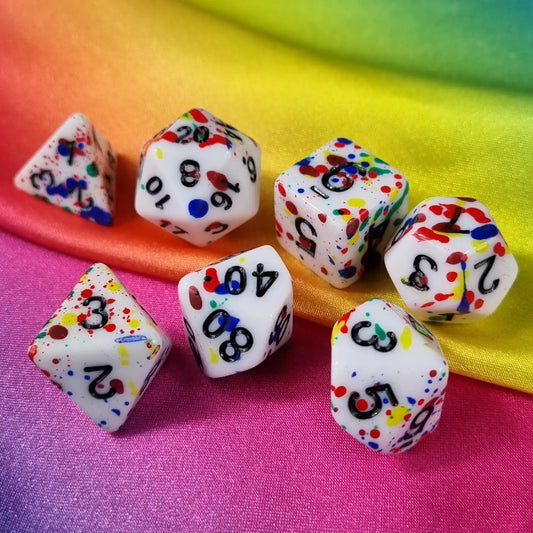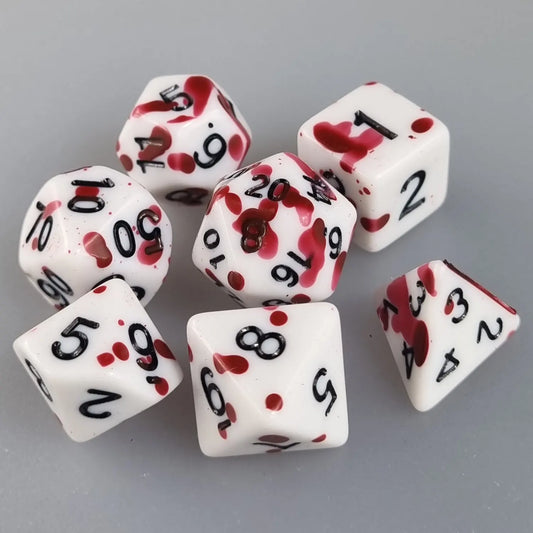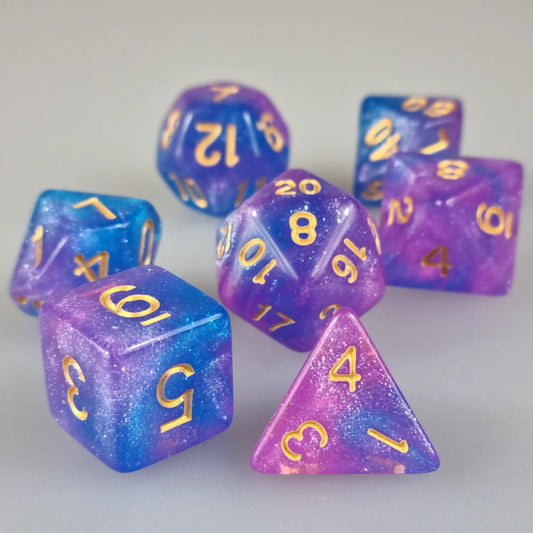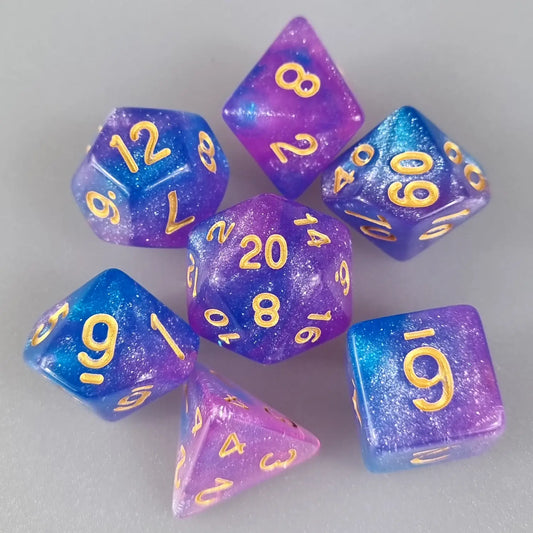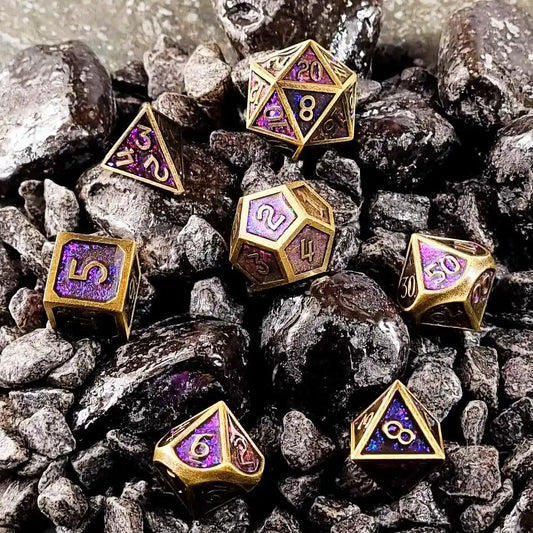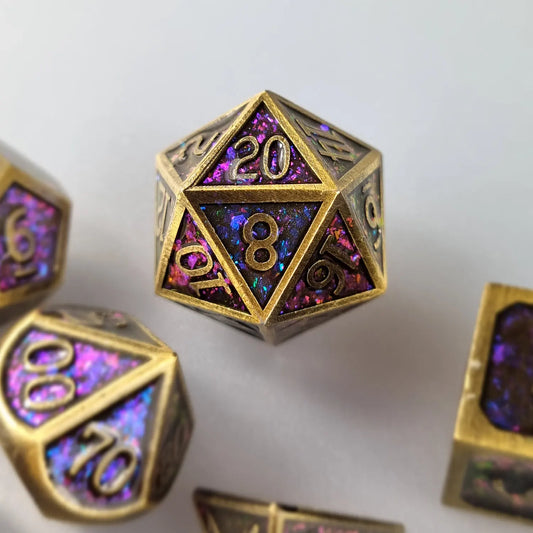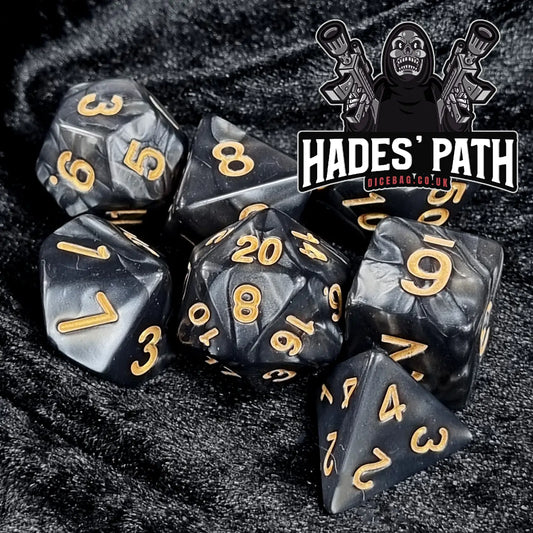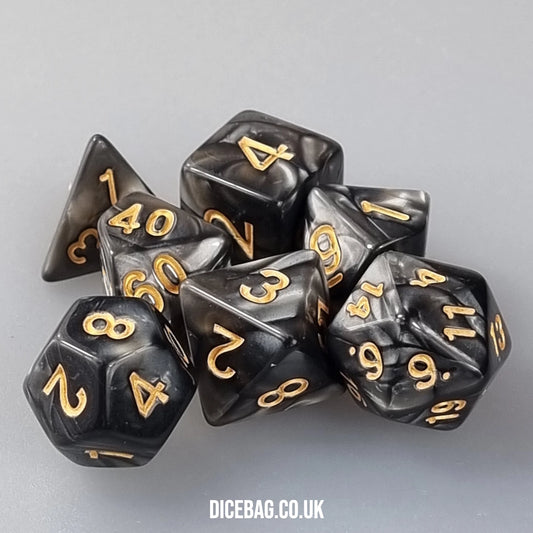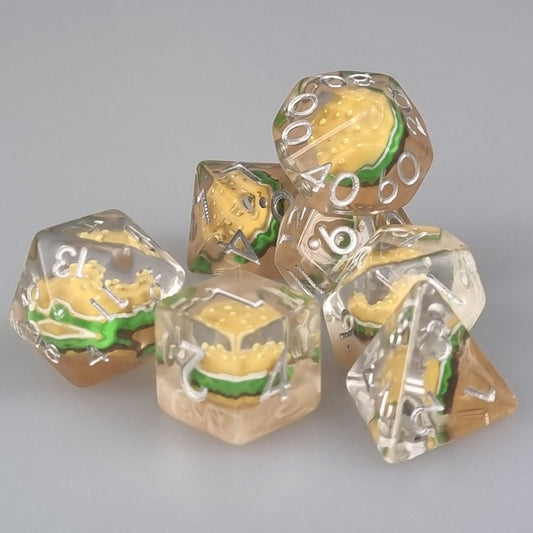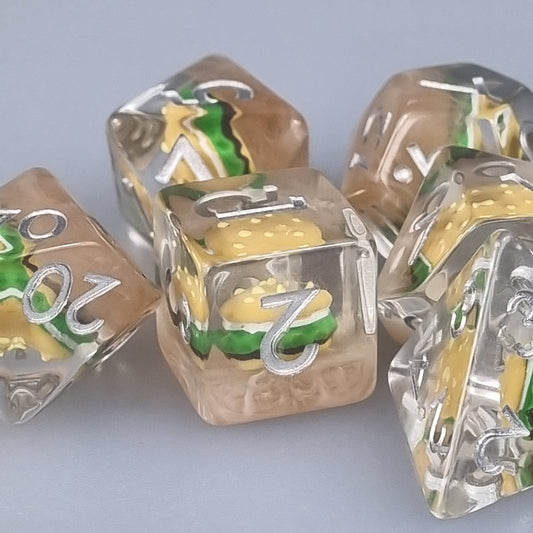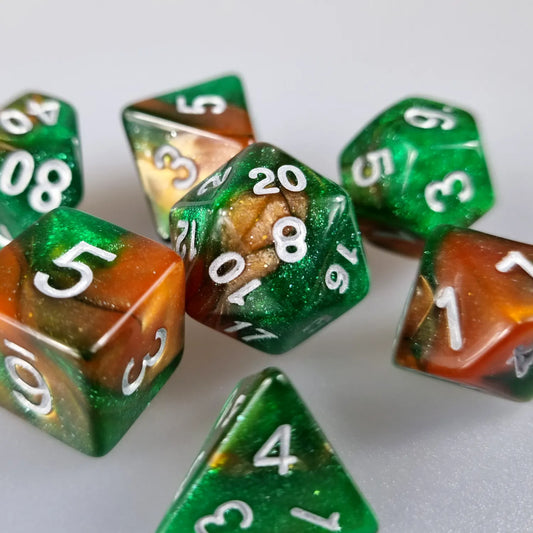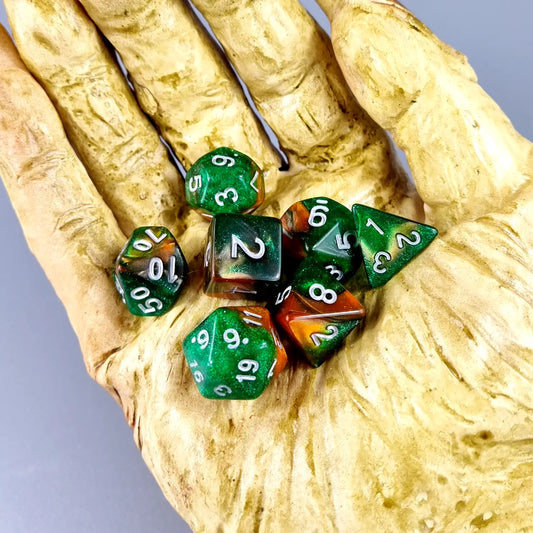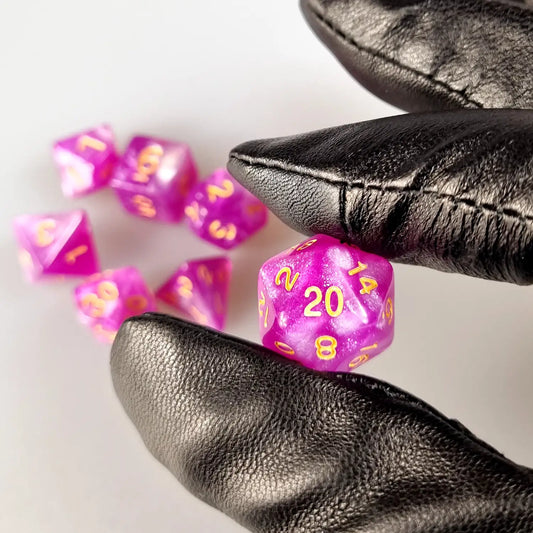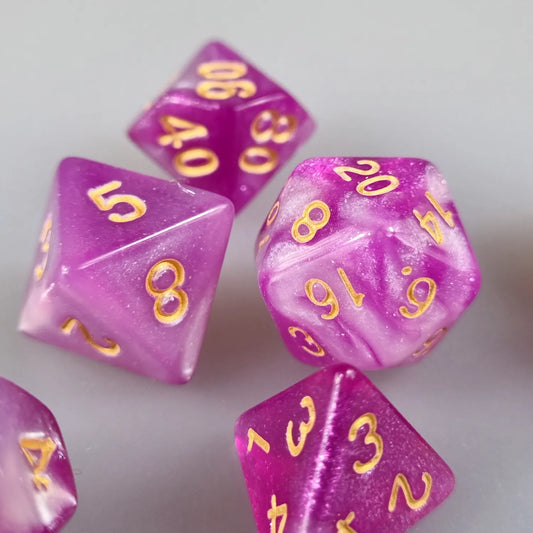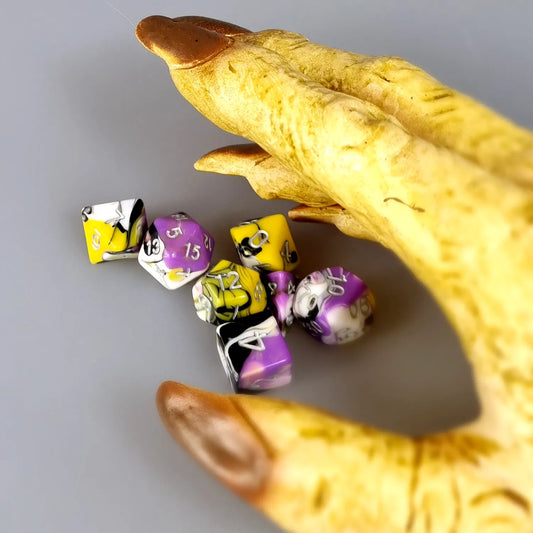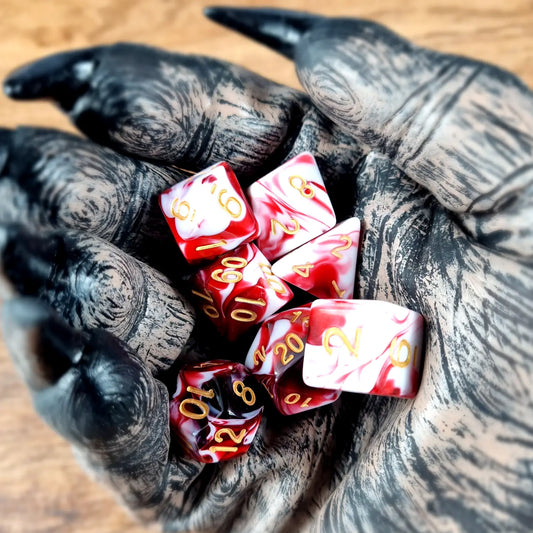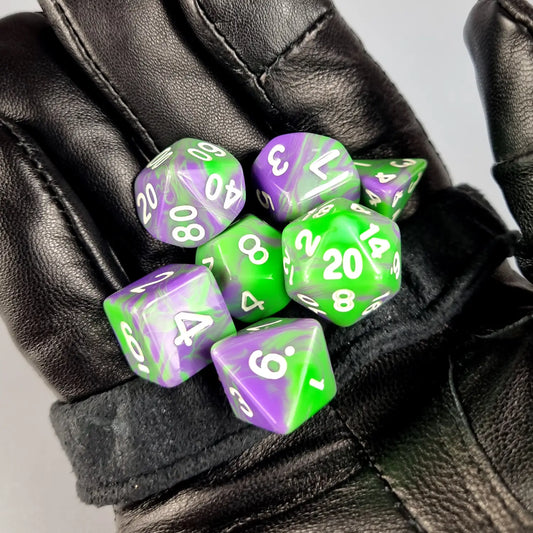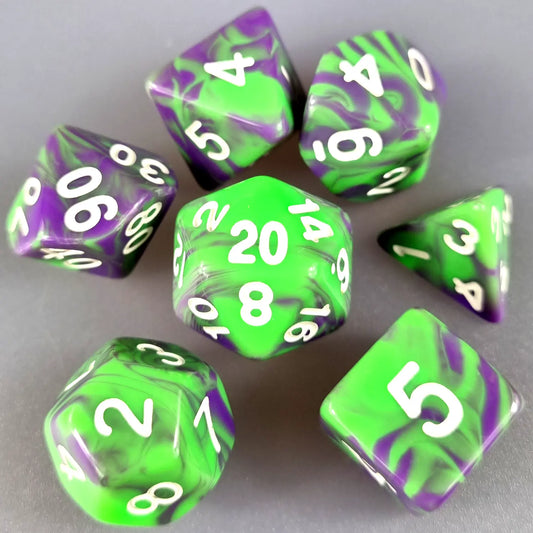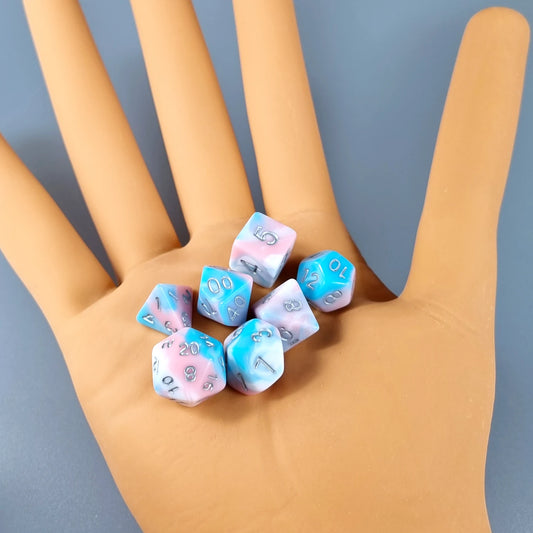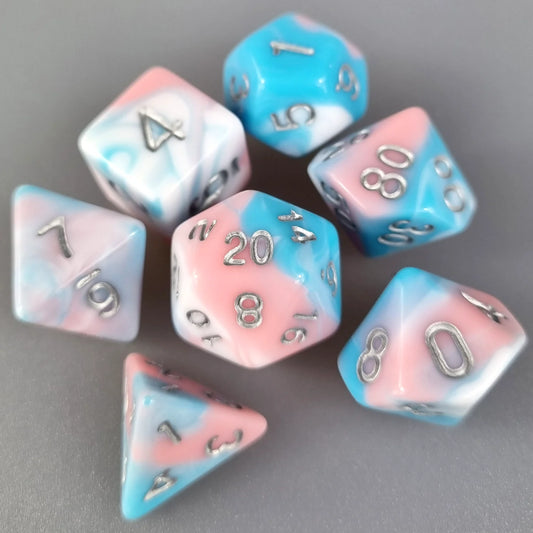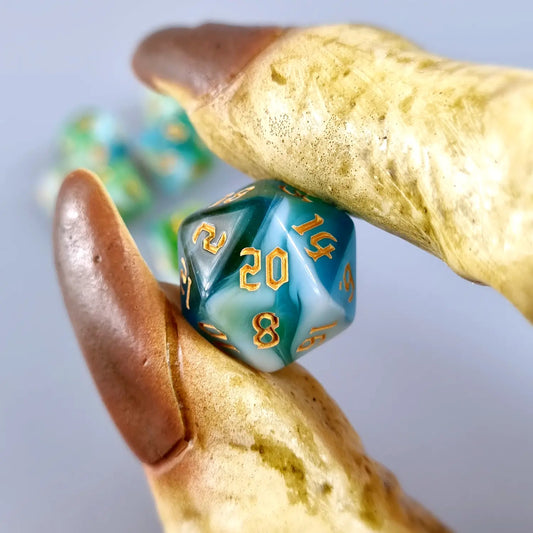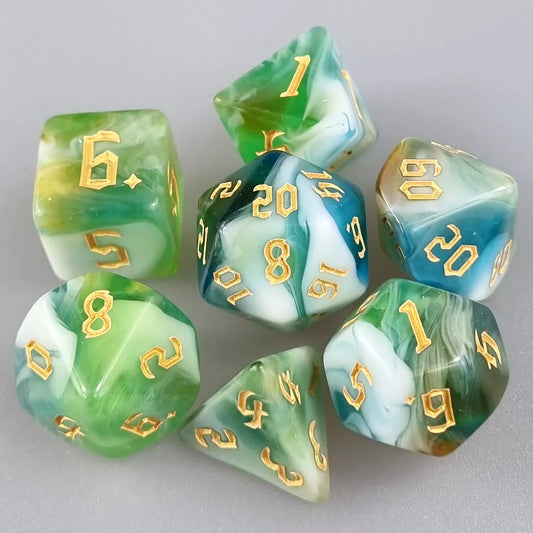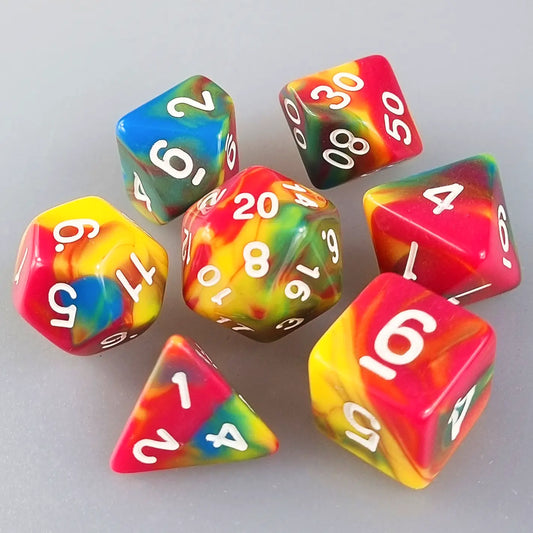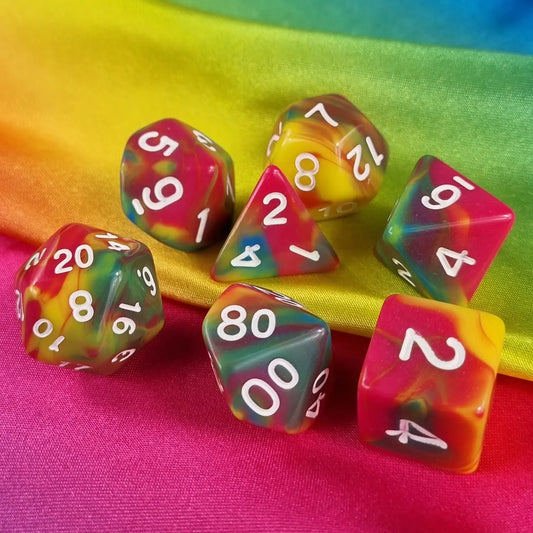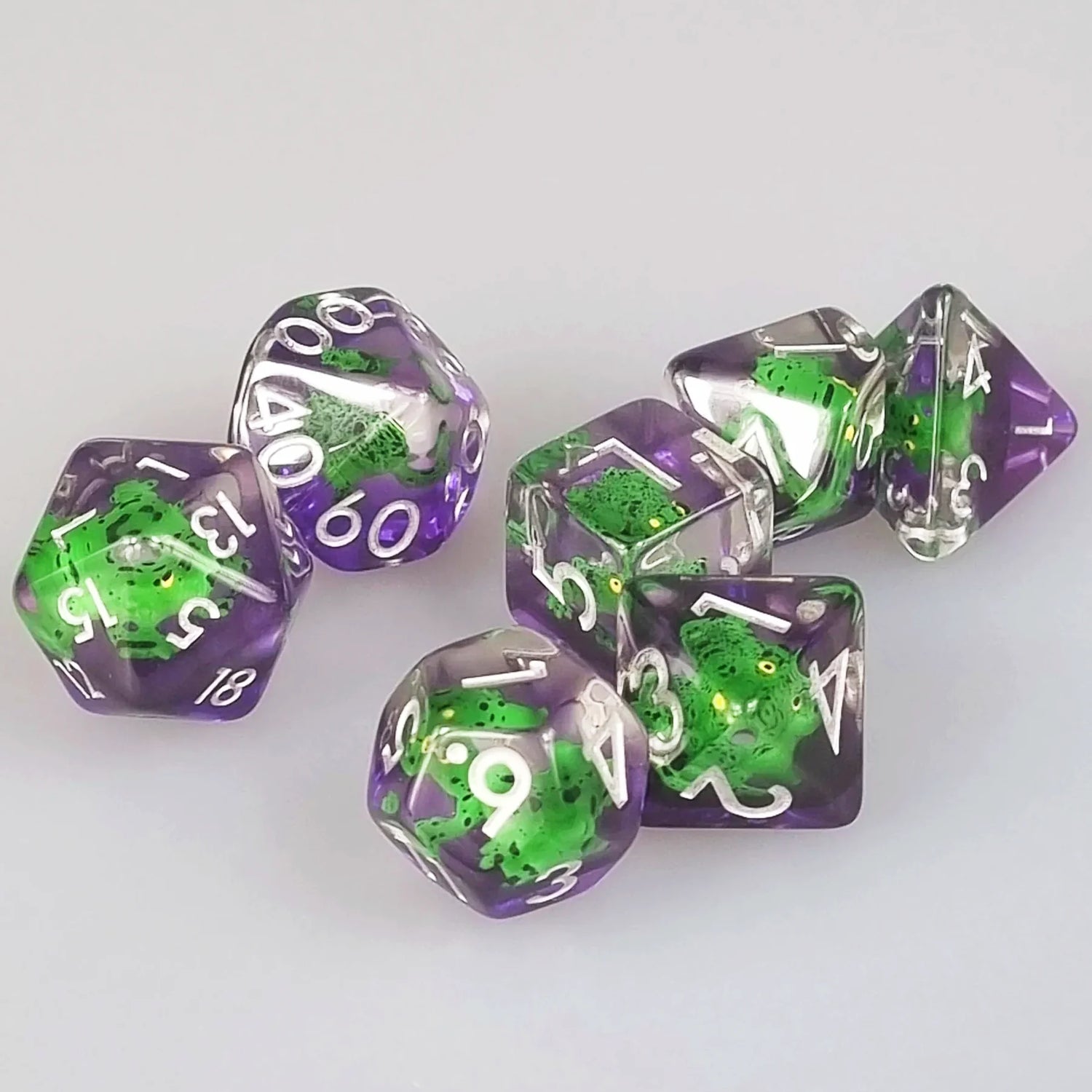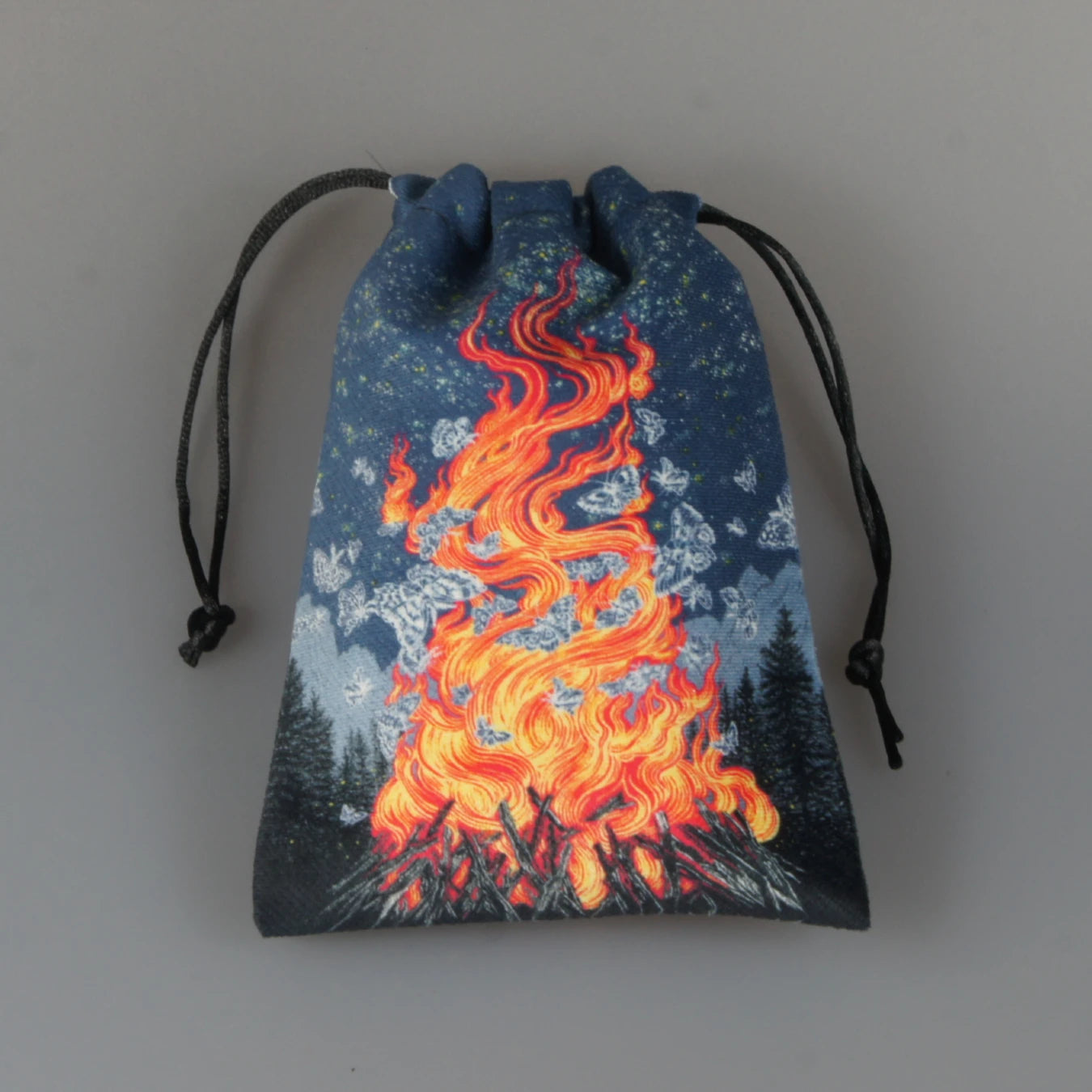
Dungeons and Dragons (D&D) is not just a game; it's a doorway to fostering creativity, teamwork, and problem-solving skills in young minds. With resources such as character sheets, basic rules and digital tools parents and guardians can easily introduce children to the fundamentals of Dungeons and Dragons, teaching them how to play, how to DM, and the joy of creating their character. Given its popularity over decades, Dungeons and Dragons offers an immersive experience that goes beyond the kitchen table, encapsulating miniatures, merchandise, fiction, and supported community engagement across various platforms.
For parents wondering if a 5-year-old can delve into the world of D&D, the answer lies in adapting the game. By focusing on storytelling, teaching basic mechanics in a child-friendly environment, and working together to create age-appropriate content, Dungeons and Dragons becomes an accessible adventure for kids. This introduction to D&D for kids won't just cover the how-tos but will guide parents and guardians through making the experience supportive and engaging for young adventurers, ensuring the journey is as enchanting as the destination itself.
Understanding D&D and Its Appeal
Dungeons & Dragons is not just a game but a multifaceted experience that blends storytelling, strategy, and social interaction, making it appealing to a wide range of playstyles. For those who revel in combat and adventure, D&D provides an exciting hack-and-slash experience. Meanwhile, players who prefer a more narrative-driven approach can immerse themselves in rich dialogue and character development. This versatility ensures that every session can be tailored to the group's preferences, keeping the game fresh and engaging.
- Playstyle Flexibility:
- Hack-and-Slash: For action lovers, focusing on battles and quests.
- Narrative-Driven: For those who enjoy character and story development.
D&D also serves as a unique socialisation tool, especially for individuals who might not fit the typical extroverted mould. It creates a structured environment where players can interact, collaborate, and express themselves in ways they might not feel comfortable doing in other settings. This aspect of D&D is particularly valuable for children, helping them develop crucial social and emotional learning (SEL) skills such as empathy, teamwork, and problem-solving.
- Social and Emotional Learning (SEL) Skills:
- Self-awareness and self-management
- Responsible decision-making
- Relationship skills
- Social awareness
Moreover, D&D's rich history, evolving from a niche hobby to a mainstream cultural phenomenon, underscores its enduring appeal. The game's resurgence in popularity, fuelled by its portrayal in media and the release of related movies, speaks to its ability to adapt and remain relevant. This enduring appeal makes D&D a timeless adventure that continues to captivate imaginations, making it an ideal introduction to role-playing for kids.
The Benefits of D&D for Young Children
The game offers a myriad of benefits for young children, fostering a range of skills from creativity to critical thinking. Here's how:
- Teamwork and Collaboration: Through engaging in quests and solving puzzles together, children learn the value of working as a team. They understand the importance of sharing ideas and resources to overcome challenges.
- Imagination and Creativity: D&D acts as a canvas for young minds, allowing them to create vivid stories and characters. This freedom to imagine and create enriches their creative thinking and storytelling abilities.
- Maths and Literacy Skills:
- Maths: The game's mechanics introduce children to basic maths operations and probability, making learning these concepts fun and interactive.
- Literacy: Reading the game's rules and background stories enhances reading comprehension and vocabulary.
- Social-Emotional Learning (SEL): D&D sessions are a practice ground for developing empathy, leadership, and communication skills. As players navigate through the game, they learn to understand and respect different perspectives, boosting their emotional intelligence.
- Critical Thinking and Problem Solving: Each game scenario presents unique challenges, requiring players to think strategically and make decisions that have consequences. This nurtures their ability to analyse situations and come up with creative solutions.
By integrating Dungeons and Dragons into a child's activities, parents and guardians can provide a fun yet educational experience that promotes a well-rounded development.
Age-Appropriate Modifications for D&D
When tailoring Dungeons and Dragons for kids, it's crucial to align the game's complexity with the child's age and interests, ensuring an engaging and enjoyable experience. Here's a breakdown of age-appropriate modifications:
- For 5-6-Year-Olds:
- Start with pre-built, simplified adventures like "An Ogre and His Cake."
- Use pre-made characters to jump straight into the action.
- Introduce basic rules through a handout for easy reference.
- Novelty Dice to make the rolling element even more fun
- For 7-8-Year-Olds:
- Offer a selection of character classes and races, explaining each in simple terms.
- Encourage creative problem-solving and the exploration of different storylines.
- Establish D&D etiquette, including a "Be Quiet" hand signal for maintaining order.
- For 9-10-Year-Olds and Preteens:
- Allow the creation of characters from the core D&D book
- Give guidelines for table behaviour; give others a chance to talk etc.
- Introduce multi-session storylines, encouraging note-taking for engagement.
- Discuss the types of adventures they're interested in, using their favourite media as inspiration.
By considering these modifications, Dungeons and Dragons becomes an accessible and enriching experience for children, fostering creativity, teamwork, and problem-solving skills.
Recommended Resources and Tools
For parents and guardians eager to introduce their young adventurers to the world of D&D, a variety of resources and tools are available to make the journey both accessible and enchanting. Here are some recommended resources tailored for kids:
- Subscription Boxes and Adventure Guides:
- DnD Adventure Club: A subscription box offering kid-friendly D&D adventures.
- An Ogre and His Cake: A beginner adventure focusing on retrieving a stolen birthday cake, perfect for first-time players.
- Clonker’s Guide to Being a Hero: Contains five all-ages adventures, each designed to inspire heroism and adventure.
- Educational and Interactive Tools:
- Starport: Encourages growth in problem-solving and teamwork through imaginative play.
- No Thank You, Evil: A tabletop game that emphasizes creative make-believe, adventure, and storytelling, ideal for sparking young imaginations.
- D&D Classroom Curriculum: Teaching kits for grades 4-6 and 6-8, blending puzzles, mazes, and mysteries with educational content.
- Games and Starter Kits:
- Hero Kids: Offers a simplified combat and adventuring system, making it an excellent introduction to RPGs for kids.
- D&D Starter Set, Essentials Kit, and Stranger Things D&D Roleplaying Game Starter Set: These kits provide everything needed to start playing, including rulebooks, adventures, and dice.
By utilising these resources, parents can create a supportive environment that nurtures young minds through the magical world of D&D, fostering creativity, teamwork, and problem-solving skills.
Tips for Parents and Guardians
Stepping into the role of Dungeon Master (DM) can be a transformative experience for kids, fostering a host of valuable skills. Here's how:
- Leadership and Organisation: As DMs, children learn to guide the game's narrative, making on-the-spot decisions that affect the story and its characters. This role demands a level of organisation and leadership that can significantly benefit their development.
- Enhanced Communication: Dungeons and Dragons naturally promote communication skills. Players, including the DM, constantly discuss strategies, negotiate during conflicts, and collaborate to progress the story. This interaction is a practical exercise in effective communication and listening skills.
- Diverse Interactions: D&D sessions often bring together players of varying ages, backgrounds, and educational levels. This diversity enriches the game experience and teaches kids to interact respectfully and effectively with a wide range of individuals. This is more applicable to playing at Local Game Stores or School Clubs.
These anecdotes underscore the game's adaptability and its potential to be a rewarding, educational, and fun experience for children and their families.
In Conclusion
Throughout this exploration of Dungeons and Dragons for kids, we've uncovered the game's remarkable flexibility to cultivate creativity, teamwork, and a plethora of educational benefits for young minds. By tailoring the experience to be age-appropriate, from simplifying adventures for 5-year-olds to delving into more complex narratives for preteens, D&D emerges as a powerful tool for engaging children in a world of imagination and strategic thinking. The anecdotes and tips for parents underscore the tangible impact this game can have on developing key social, emotional, and cognitive skills, making the journey into D&D not just entertaining but profoundly educational.
As we've seen, the key to introducing youngsters to the enthralling world of Dungeons and Dragons lies in adaptation and creativity, ensuring the adventures are as enriching as they are enchanting. By leveraging the recommended resources and tools designed specifically for young adventurers, parents and guardians can create unforgettable learning experiences that propel children beyond the confines of traditional education. In doing so, they're not merely introducing a game but fostering a lifelong love for storytelling, problem-solving, and imaginative play that will serve these young adventurers well into their futures.
FAQs
Can Children Play Dungeons & Dragons (D&D)?
Q: At what age can children start playing D&D?
A: Children can begin playing Dungeons & Dragons with the assistance of an adult from the age of 5 or 6. Playing D&D offers numerous advantages beyond entertainment, such as enhancing creative thinking and problem-solving abilities.
Q: Is it appropriate for children to play Dungeons and Dragons?
A: Absolutely, Dungeons and Dragons is an excellent game for both children and adults to unleash their creativity, apply their problem-solving skills, and enjoy themselves.
Q: Is there a version of D&D designed specifically for children?
A: Indeed, there is an unofficial version of D&D tailored for children, developed by DMingDad.
Q: When is the ideal time to introduce my child to D&D?
A: Although there isn't a specific version of D&D designed exclusively for kids, the Young Adventurer's Guide series serves as an excellent introduction for children aged 8 to 12. These books offer a simplified and accessible version of the game's rules, aiming to spark the imaginations of younger players.
